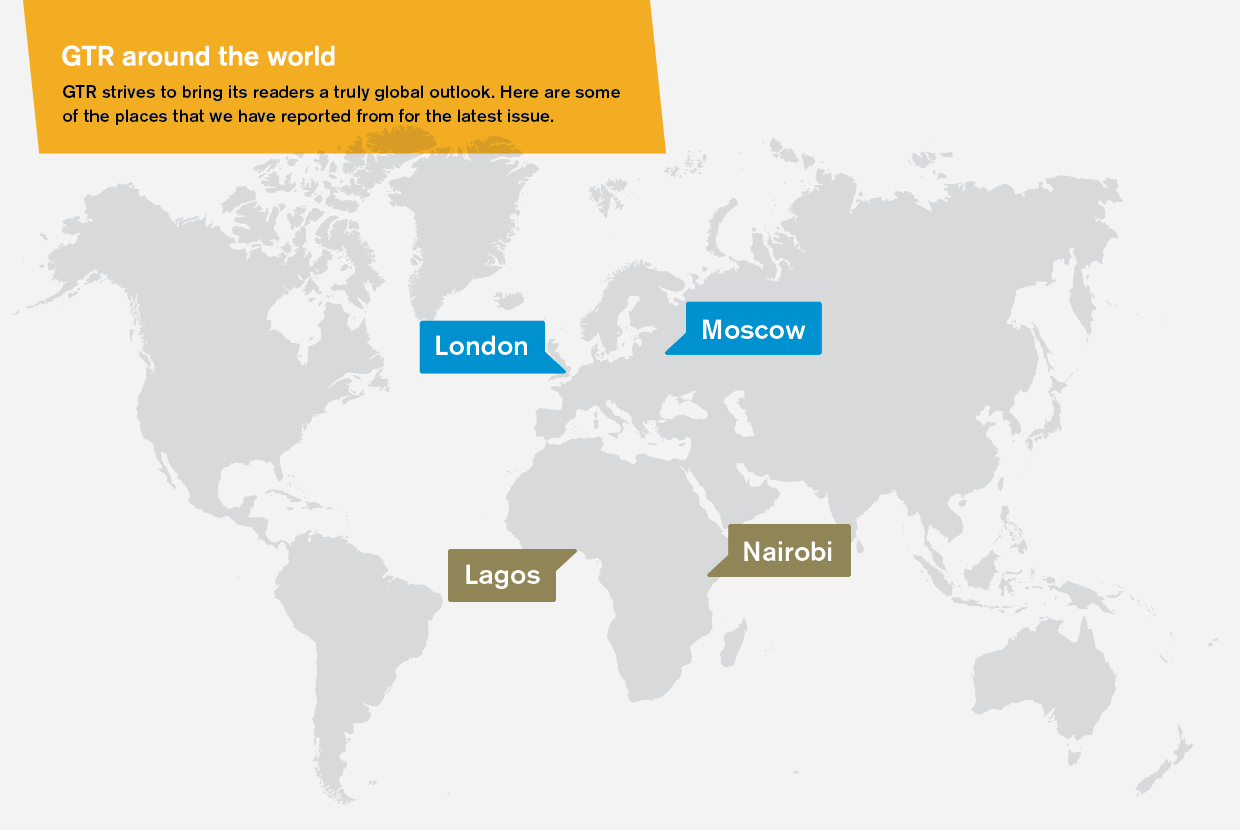With financial technology – better known nowadays as fintech – being the most talked-about topic among industry players, and the most popular category of stories on the GTR website, it seemed fitting to dedicate another quarterly publication to how fintech continues to influence and enhance the world of trade finance.
To help you brush up on your terminology, a recommended starting point might be our trade finance fintech alphabet – a practical ABC of all the important concepts, from ‘A for artificial intelligence’ (with trade data being ripe for machine learning applications) to ‘Z for zzz’ (a reminder of some of the past initiatives we’ve hit the snooze button on). Other tech-related features in this issue include an investigation of blockchain technology’s energy consumption; a look into the legal security behind electronic bills of lading; and a report on Israeli startups innovating in the age-old shipping industry. Our regular fintech section is also packed with analysis of all the latest products, pilots and projects that our readers have shown the most interest in over the last quarter.
The future of fintech is a broadly debated topic in today’s digital age. The world is facing a “defining moment” on the matter, said IMF managing director Christine Lagarde in June, speaking at a seminar in Japan. In her speech, she gave a sneak peek of the findings of the Bali Fintech Agenda, an IMF and World Bank-led project initiated last year, which identifies 12 priorities that countries and international organisations should focus on in the fintech space. 96 countries have been surveyed about these elements and a report detailing the results will soon be released.
Chief amongst the survey’s conclusions, Lagarde said, is the fact that countries are asking for greater international consensus on regulatory treatment.
“Integrating different national approaches to crypto-assets, non-bank fintech intermediaries and the governance of data is crucial if we are to harness fintech’s potential to promote greater financial inclusion and development,” she said.
Indeed, the call for regulatory alignment is growing louder among trade finance banks, who are on the cusp of major change and believe that forward-thinking regulation will be a major catalyst for a thriving and innovative banking industry.
“Banks are re-imagining their operations, processes and solutions in this new, digital data world. It is important that regulators keep pace with such change,” reads a Deutsche Bank whitepaper released in 2018. It highlights a number of areas where banks face issues, such as the EU’s general data protection regulation (GDPR), which enshrines the “right to be forgotten” but potentially hinders the opportunities derived from the immutability of blockchain. Furthermore, it says that legislation addressing the growing automation in banking would help banks to securely and ethically explore the power of AI.
Although swift progress on these matters is sought, there is no quick fix. In her speech, Lagarde drew inspiration from the Japanese proverb, Walk across the stone bridge only after you have tested its strength, when she concluded: “We will cross the bridge, together, into the fintech future. But we will only do so once we are confident that bridge is safe and secure.”
For its part, GTR will continue to be a facilitator of this change by sourcing and reporting on the latest news, analysing the trends and helping to identify the next moves in the market.







